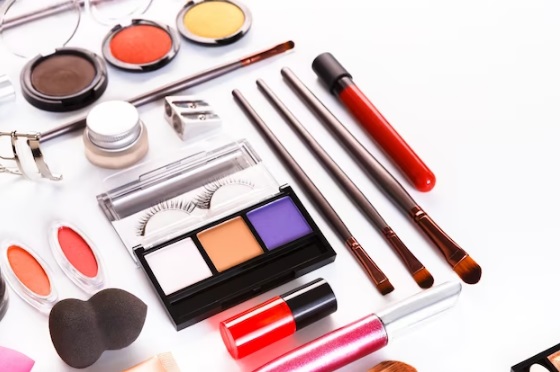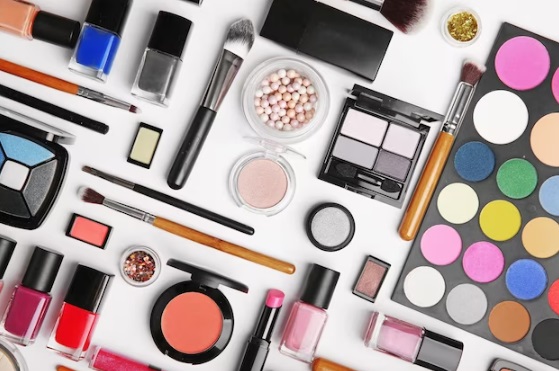Singapore, often regarded as the cosmopolitan hub of Southeast Asia, is not only a melting pot of cultures but also a thriving center for the beauty and cosmetics industry. With a diverse consumer base and a penchant for skincare and makeup, Singapore has become a key player in the global cosmetics market. This article delves into the dynamic world of cosmetics in Singapore, exploring its cultural influences, market trends, and the evolving beauty landscape.
Cultural Influences on Beauty:
The beauty standards in Singapore are deeply rooted in the rich tapestry of its multicultural society. The city-state’s diverse population, consisting of Chinese, Malay, Indian, and various other ethnic groups, has contributed to a broad spectrum of beauty ideals. Singaporeans appreciate both traditional and modern beauty practices, leading to a market that caters to a wide range of cosmetics in Singapore preferences.
Skincare as a Cultural Norm:
Skincare is a cornerstone of beauty practices in Singapore. Influenced by East Asian skincare routines, which emphasize thorough cleansing, hydration, and protection against the sun, Singaporeans place a strong emphasis on maintaining healthy and radiant skin. The demand for skincare products, including cleansers, toners, serums, and sunscreens, is consistently high, with both local and international brands meeting the diverse needs of consumers.
Makeup Trends and Influences:
While skincare takes center stage, makeup holds its own significance in the beauty landscape of Singapore. Influenced by K-beauty and J-beauty trends, there is a growing interest in achieving a natural and dewy complexion. The use of BB creams, cushion foundations, and lightweight formulations is on the rise, reflecting a preference for a fresh-faced look.
Moreover, the makeup industry in Singapore caters to the multicultural aspects of its population. With diverse skin tones and undertones, there is an increasing demand for inclusive shade ranges, and many global makeup brands have adapted to this by expanding their product lines to accommodate the needs of the Singaporean market.
The Rise of Local Beauty Brands:
In recent years, Singapore has witnessed a surge in the emergence of local beauty brands, contributing to the vibrancy of the cosmetics industry. These brands often draw inspiration from the city-state’s cultural heritage and values, creating products that resonate with the local consumer base. From skincare essentials infused with traditional ingredients to makeup products celebrating cultural festivals, these brands have carved a niche in the market.
Retail Landscape and Shopping Experiences:
Singapore boasts a diverse retail landscape that caters to the beauty needs of its residents and tourists alike. Shopping districts like Orchard Road feature flagship stores of international beauty brands, offering a premium shopping experience. In addition to high-end boutiques, the city-state is dotted with multi-brand beauty stores and local beauty retailers, providing a wide range of products at varying price points.
The Role of E-Commerce:
The digital revolution has significantly impacted the cosmetics industry in Singapore, with e-commerce platforms playing a pivotal role. Online beauty retailers and social media influencers contribute to the accessibility and visibility of a myriad of beauty products. Consumers can now explore and purchase international and local brands from the comfort of their homes, contributing to the democratization of beauty products.
Sustainability and Ethical Practices:
As global awareness of sustainability grows, Singaporeans are becoming increasingly conscious consumers. The cosmetics industry in Singapore is witnessing a shift towards eco-friendly and cruelty-free products. Both local and international brands are adapting to this trend, incorporating sustainable practices in their production processes and packaging. The consumer demand for transparency in ingredient sourcing and ethical practices is reshaping the industry landscape.

Challenges and Opportunities:
Despite the robust growth of the cosmetics industry in Singapore, it faces challenges such as intense competition, evolving consumer preferences, and the need to stay abreast of global trends. However, these challenges also present opportunities for innovation, collaboration, and the development of products tailored to the unique characteristics of the Singaporean market.
Conclusion:
The cosmetics industry in Singapore is a captivating blend of tradition and modernity, catering to the diverse beauty preferences of its multicultural population. From skincare rituals deeply rooted in cultural practices to the embrace of global makeup trends, Singapore’s beauty scene reflects the dynamism and adaptability of its people. As the industry continues to evolve, the convergence of cultural influences, sustainability considerations, and technological advancements will shape the future of cosmetics in this cosmopolitan city-state.



